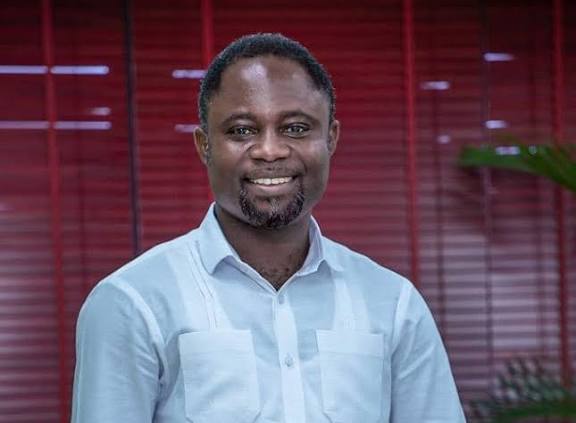
180,000 Nurses Could Be Jobless by 2028 - Minister
Oct 16, 2025
by Ekow Benyah Oct 16, 2025

October 16,2025
Ghana's Health Minister Kwabena Mintah Akandoh has issued a stark warning that the country could have 180,000 unemployed trained health professionals by 2028 unless urgent action is taken to address a rapidly growing employment backlog.
Speaking in an interview monitored by vistanewsgh.com on Wednesday, the Minister revealed that approximately 74,000 trained health workers are currently without jobs, a figure that threatens to more than double within three years as thousands of new graduates enter the workforce annually.
Minister Akandoh outlined the troubling trajectory: "By the end of 2026, we have an additional 23,000. By the end of 2027, we have an additional 35,000. By the end of 2028, we have about 47,000. So by the end of 2028, if we don't employ anybody, this 74,000 is still outstanding — we will have not less than 180,000 trained and they will be at home."
The projection paints a grim picture for Ghana's health sector, where trained professionals including nurses, midwives, and other healthcare workers remain sidelined despite the country's ongoing healthcare challenges.
Addressing the backlog would require substantial resources. According to Minister Akandoh, Ghana would need at least GHS6 billion (approximately $380 million USD) annually to clear the existing unemployment queue in the health sector.
This financial constraint has forced the government to explore alternative strategies beyond domestic employment.
The Minister outlined a two-track approach to managing the crisis:
Gradual Domestic Recruitment: "There is a strategy going forward. What we are seeking to do now is that gradually, government will be employing some of them as we move along," Akandoh explained, though he provided no specific timeline or numbers for planned recruitments.
Managed Migration Program: The government is pursuing partnerships with foreign countries interested in hiring Ghanaian health professionals. "We are also looking at what we call managed migration — how we will be able to export some of them. About 13 countries have responded, but the difficulty is that most of these countries that have responded, they need a specialist," the Minister revealed.
The managed migration approach has shown initial promise, with 13 nations expressing interest. However, Akandoh noted a significant challenge: most requesting countries are seeking specialists rather than general practitioners, nurses, or midwives who make up the bulk of unemployed health workers.
The Minister's comments come amid escalating pressure from multiple fronts:
The situation highlights a troubling paradox in Ghana's healthcare system: while hospitals and clinics struggle with inadequate staffing, particularly in rural areas, tens of thousands of trained health professionals cannot find work due to government budget constraints and hiring freezes.
Critics argue that the unemployment of such a large pool of healthcare workers represents not only a waste of training resources but also a missed opportunity to strengthen Ghana's health infrastructure and improve access to care, particularly in underserved regions.
As Ghana grapples with this challenge, the clock is ticking. Without decisive action and significant financial investment, the country risks losing a generation of healthcare workers to frustration, migration to other sectors, or permanent departure from the profession.
The coming months will test whether the government's gradual approach can effectively address what many are calling a crisis in healthcare human resources management.

Oct 16, 2025

Jan 27, 2026

Jan 26, 2026

Sep 17, 2025

Apr 14, 2025

Oct 13, 2025